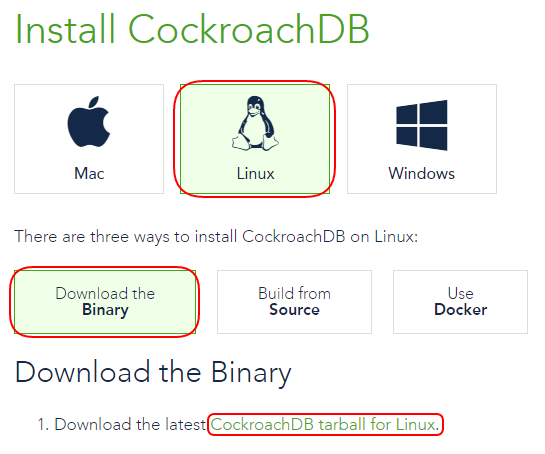2020. 2. 9. 09:59ㆍ카테고리 없음
First, install the 3rd party libraries/dependencies by using our pre-compiled binaries. All the installers are provided as universal binaries. Point Cloud Library Mac OS X (2012.10.04) Dependencies Mac OS X boost Eigen FLANN VTK with QT support QHull OpenNI. All the binary installers in the table above have been generated using MacPorts, with the exception of the OpenNI/Sensor package. For those interested in replicating the instructions, please see.

Install of QGIS3.0 on Mac OSX using KyngChaos prebuilt binaries. It is not clear where a binary from python.org does install, and whether it messes us links elsewhere in the directory structure. Does anyone have information about this? Why is the build from KyngChaos so inflexible?
For people that want to use instead, our MacOS developer Geoffrey Biggs put together a tutorial under. Known issues See for a Q&A on known issues regarding the installation and usage of PCL on OS X systems. Also please see Ken Spratlin's notes on compiling trunk from source on MacOS at (thanks Ken!).
Prebuilt Binaries For Mac Free
GraalVM CE is available for free for development and production use. It is built from the GraalVM sources available on GitHub.We provide pre-built binaries for GraalVM CE for Linux and Mac OS X on x86 64-bit systems. Windows 7/Windows Server 2012 users also require Windows Management Framework 3.0. All Julia binary releases are cryptographically secured using the traditional. MacOS and Windows releases are codesigned by certificates that are.

Alternatively, you can override the local cache. Electron-download will cache downloaded binaries in a local directory to not stress your network. You can use that cache folder to provide custom builds of Electron or to avoid making contact with the network at all. Linux: $XDGCACHEHOME or /.cache/electron/. MacOS: /Library/Caches/electron/.
Windows: $LOCALAPPDATA/electron/Cache or /AppData/Local/electron/Cache/ On environments that have been using older versions of Electron, you might find the cache also in /.electron. You can also override the local cache location by providing a ELECTRONCACHE environment variable. The cache contains the version's official zip file as well as a checksum, stored as a text file. A typical cache might look like this: ├── electron-v1.7.9-darwin-x64.zip ├── electron-v1.8.1-darwin-x64.zip ├── electron-v1.8.2-beta.1-darwin-x64.zip ├── electron-v1.8.2-beta.2-darwin-x64.zip ├── electron-v1.8.2-beta.3-darwin-x64.zip ├── SHASUMS256.txt-1.7.9 ├── SHASUMS256.txt-1.8.1 ├── SHASUMS256.txt-1.8.2-beta.1 ├── SHASUMS256.txt-1.8.2-beta.2 ├── SHASUMS256.txt-1.8.2-beta.3. When running npm install electron, some users occasionally encounter installation errors.
Prebuilt Binaries For Mac Mac
In almost all cases, these errors are the result of network problems and not actual issues with the electron npm package. Errors like ELIFECYCLE, EAIAGAIN, ECONNRESET, and ETIMEDOUT are all indications of such network problems. The best resolution is to try switching networks, or wait a bit and try installing again.
Prebuilt Binaries For Machines
You can also attempt to download Electron directly from if installing via npm is failing. If installation fails with an EACCESS error you may need to. If the above error persists, the flag may need to be set to true: sudo npm install electron -unsafe-perm= true On slower networks, it may be advisable to use the -verbose flag in order to show download progress: npm install -verbose electron If you need to force a re-download of the asset and the SHASUM file set the forcenocache environment variable to true.